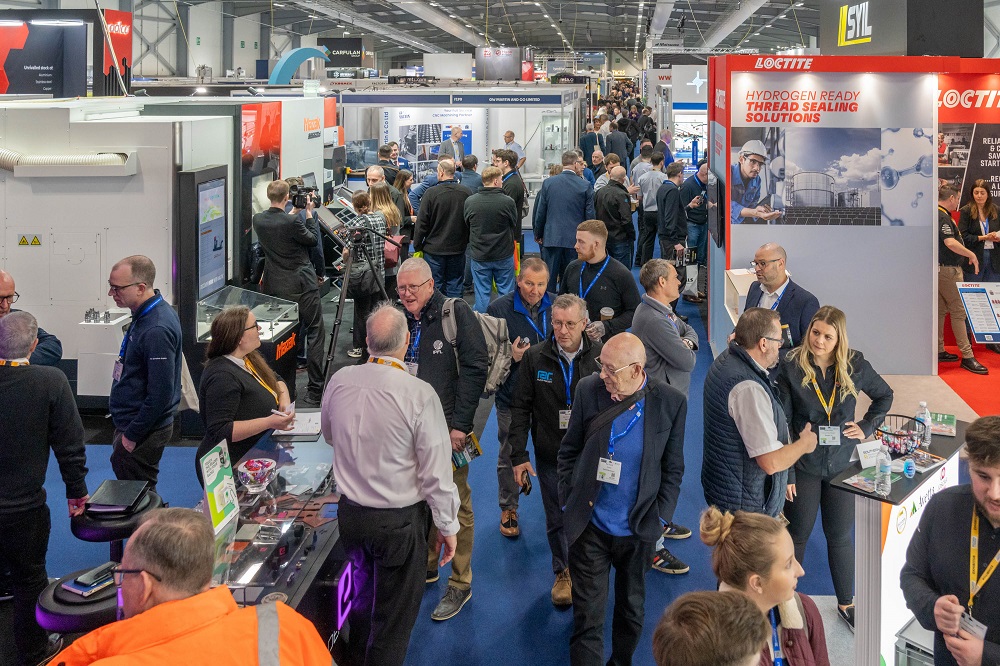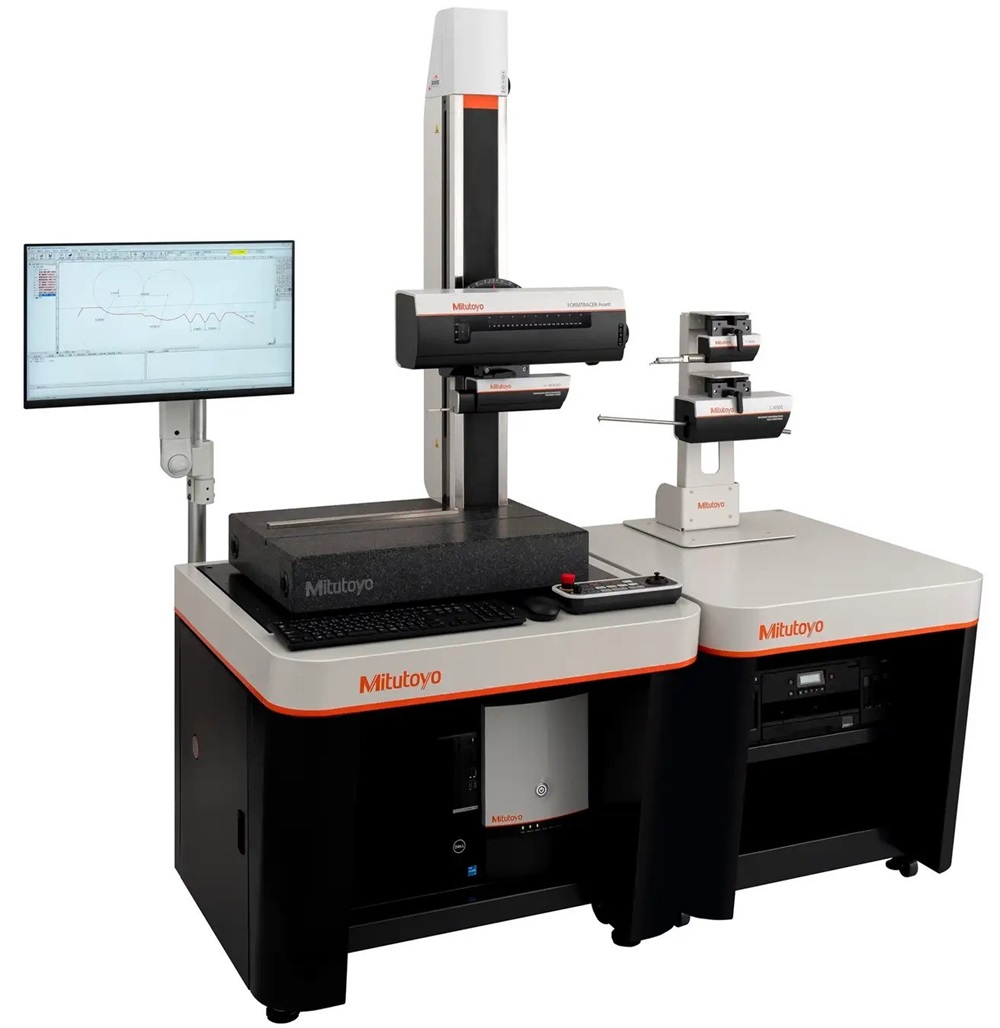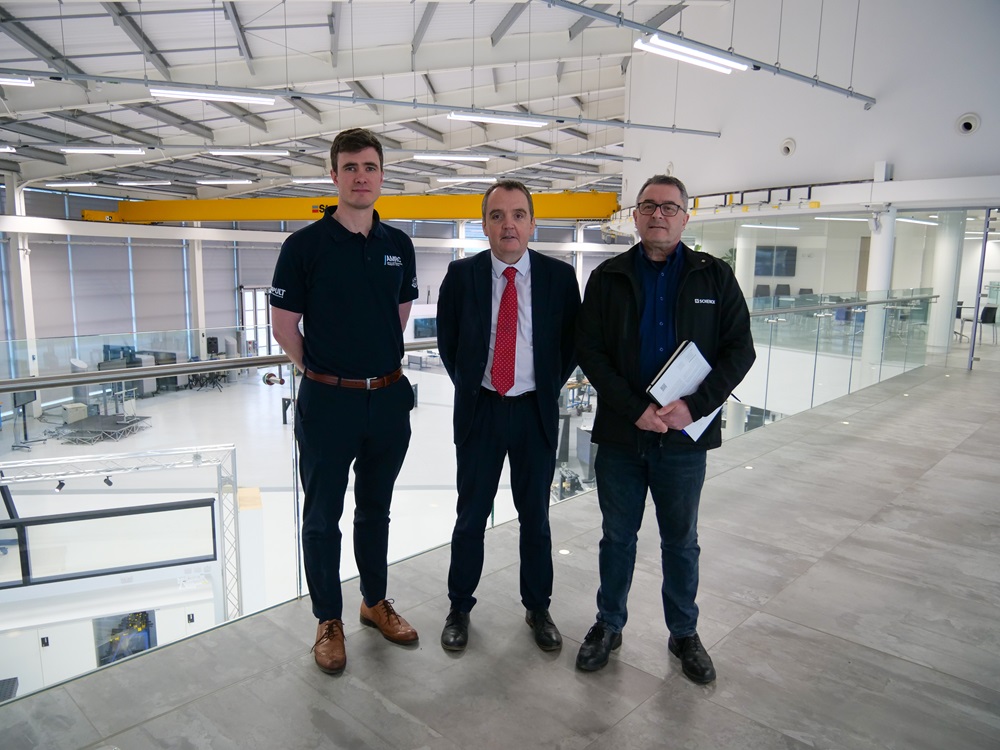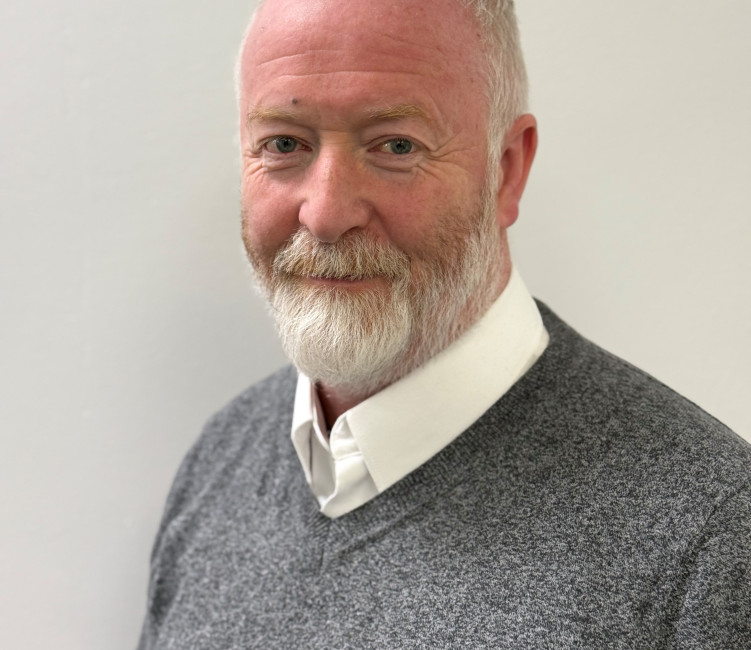Southern Manufacturing & Electronics 2025, the annual UK trade fair serving manufacturing
in the mechanical and electronic engineering sectors, concluded its most successful show to
date in February. Celebrating its 27 th anniversary this year, the international event saw a
significant surge in visitor attendance and exhibitor participation, solidifying its position as a
vital business hub for industry professionals. In addition to the bustling showground
featuring everything from cutting-edge technology to more everyday items essential for
factory operations, the expo featured 53 independently approved, open-format seminars
including a keynote address from Ben Fletcher, COO at Make UK.
The number of attendees reached 10,204, a 14% increase compared with 2024. This year’s
visitor profile reflected the perennially diverse nature of the show. The biggest cohort was
from the aerospace manufacturing sector, which plays a crucial role in the southeast of
England, employing thousands of highly skilled engineers. More than 72% of visitors had
purchasing influence, underlining the event’s importance as a platform for business growth.
The number of exhibitors also grew by an impressive 12%, with 535 companies showcasing
their latest products and innovations, breaking the notional 500 barrier for the first time.
Southern Manufacturing & Electronics 2025 marked a significant step forward in enhancing
the visitor experience. People were provided with new smart badges that enabled seamless
information collection via an EasyGo reader on each stand. The innovative system
eliminated the need to carry brochures around, while simultaneously providing exhibitors
with valuable data on who had expressed interest. On average, each stand collected 60
EasyGo leads, demonstrating very positive engagement.
The show also launched Southern Connect, a dedicated app designed to expedite
networking and matchmaking between attendees. It saw excellent uptake, with 41% of
visitors utilising its features alongside the printed guide. The app facilitated 31,191 actions,
1974 connections between 3948 participants, and 85 meetings arranged directly through
the platform.
Simon Farnfield, a director at Easyfairs, the new proprietor of the event, said: “We’re
thrilled with the resounding success of the exhibition in this our first year of ownership. The
record-breaking number of visitors, increased exhibitor participation and enthusiastic
adoption of our new networking technology demonstrate the show’s continued importance
to a broad spectrum of manufacturing. The positive feedback we’ve received, particularly
regarding EasyGo and Southern Connect, underscores our commitment to providing a
valuable and engaging experience for everyone involved.”
An interesting meeting between two companies underlined the collaborative initiatives that
exhibiting at the show presents. A regular returnee that takes the same stand space every
year, British CMM (coordinate measuring machine) manufacturer LK Metrology, met with a
fellow exhibitor, bearing manufacturer Bowman International, which was promoting its 3D
printing expertise. The company discovered LK when visiting the 2024 show and within eight
weeks had bought a measuring machine from them. What appealed in particular to
Bowman was the Made-in-Britain graphics on the CMM manufacturer’s stand.
LK’s sales and marketing director said: “It’s very worthwhile for us as a business to be here
year-in year-out, in a great location, to help us push and advertise our UK brand.”
Several other companies attributed sales directly to their presence at the show, highlighting
the event’s effectiveness in connecting suppliers with buyers. Many praised the high quality
of leads from a diverse range of industries, indicating strong potential for future business.
The networking technology was frequently mentioned for helping to streamline lead
capture. In addition, the overall organisation, including set up and venue facilities, was
singled out for being smooth, well managed and accessible. Exhibitors described a buzz on
the show floor, with strong attendance and a positive atmosphere contributing to a
successful experience.
Visitors were similarly enthusiastic. A design engineer from Rolls-Royce said: “I found the
exhibition very useful and good for getting ideas and contacts. It’s really useful to come
across lots of technology and products that I hadn’t seen before and it’s good to attend and
keep up to date with the latest trends. I would definitely recommend this show – there’s so
much to see and I’m looking forward to attending the seminars.”
Other visitors liked the show’s range of products and services, networking opportunities
with both new and existing contacts, and the chance to discover the latest industry trends
and technologies, particularly in areas like additive manufacturing, AI and digitalisation.
Many of those canvassed appreciated the informative seminars and commended the
professional atmosphere and organisation of the event, including the helpful app and
spacious layout of the hall.
The high footfall and lively atmosphere were also frequently mentioned, with many visitors
highlighting the value of face-to-face interactions and the ease of finding relevant suppliers.
Overall, the show was considered a worthwhile and enjoyable three days, with many
attendees expressing their intention to return every year.
This year’s Southern Manufacturing & Electronics, held at the world-class Farnborough
International Exhibition and Conference Centre, was such a success that it was shortlisted by
the trade magazine Exhibition News for a coveted EN Award in the category ‘Best Trade
Show 5000 to 10,000 sq m’ at a dinner in London on 28 March.
More information www.southern-manufacturing-electronics.com



















